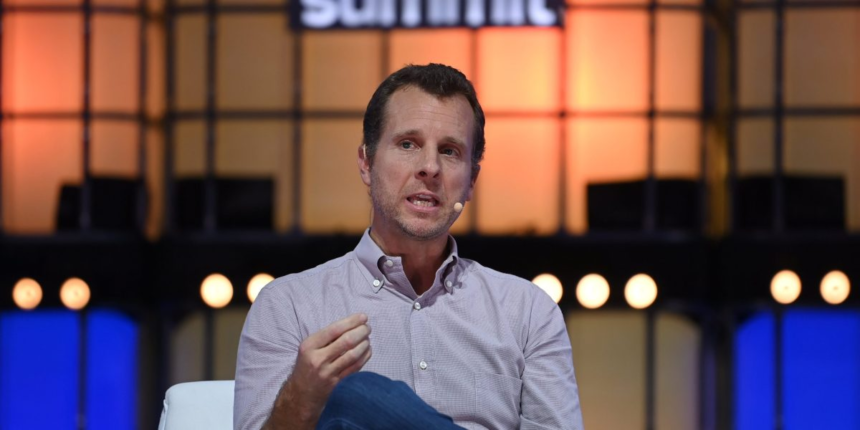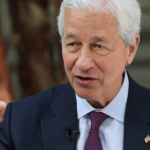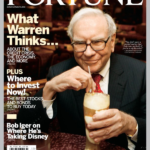Few major success stories come without a bout of rejection. Take Amazon’s Ring.
The popular home-security brand first came into the limelight when founder Jamie Siminoff pitched the product on Shark Tank in 2013. But Siminoff didn’t land a deal with any of the Sharks he was hoping would invest in his idea. At the time, the product was called Doorbot; Siminoff had asked the Sharks for a $700,000 investment for a 10% stake in his company, valuing it at $7 million.
He marketed it as a caller ID for your doorbell and said during his pitch the company had done about $1 million in business with each unit priced at $199 during its first nine months. Several Sharks, however, doubted Siminoff’s product could do enough or they could offer enough value to his company.
“I’m wrestling over where this goes in the market,” Daymond John said. Siminoff declined an offer from Kevin O’Leary, a.k.a. Mr. Wonderful, where he would’ve provided $700,000 with a 10% royalty that dropped down to 7% after he recouped his initial investment, plus 5% of the company’s equity.
“It just shows you how big the Shark Tank platform is becoming,” O’Leary told CNBC. “Every year the deals get bigger and the exits get bigger.”
“While Jamie did an amazing job turning [D]oorbot into [R]ing, I have a fundamental aversion to companies that require raising hundreds of millions of dollars to do less in revenues,” Cuban wrote.
Siminoff even used his last $20,000 to build an elaborate set to pitch Doorbot (now Ring) on Shark Tank, but that fell short when he didn’t land a deal.
Shark Tank visibility also got Siminoff investors including basketball legend Shaquille O’Neal and Virgin Group cofounder Sir Richard Branson.
“What excites me about Ring is its efficient, convenient approach to crime prevention and home monitoring and also its entrepreneurial leadership team,” Branson said in a 2015 statement. “I’m speaking as both an investor and a very happy customer.”
After a decade spent building Ring and five years integrating it into Amazon’s smart-home product line, Siminoff parted ways with the e-commerce giant in May 2023. At the time, Siminoff said he was leaving to pursue other opportunities since Ring had become more established in Amazon’s portfolio. Liz Hamren became CEO of Ring in Siminoff’s absence.
“What started as just a quick weekend project to allow me to see who was at my door while working from my garage has become a household name brand at one of the world’s most innovative companies,” he wrote in a statement at the time. He then went on to become CEO of smart-lock company Latch.
But just about two years later, Siminoff has made his return to Amazon as vice president overseeing Ring and several other smart-home initiatives.
While Ring had become somewhat of a community forum, Siminoff’s first message to employees and customers was that the company would return to its original mission.
“So excited to be back working on our mission to make neighborhoods safer!” Siminoff wrote in a companywide email obtained by Business Insider. Sources also told BI he’s focused on faster execution, better efficiency, and using AI more.
“We are reimagining Ring from the ground up with AI first,” Siminoff wrote in a recent email to staff, according to Business Insider. “It feels like the early days again—same energy and the same potential to revolutionize how we do our neighborhood safety.”









